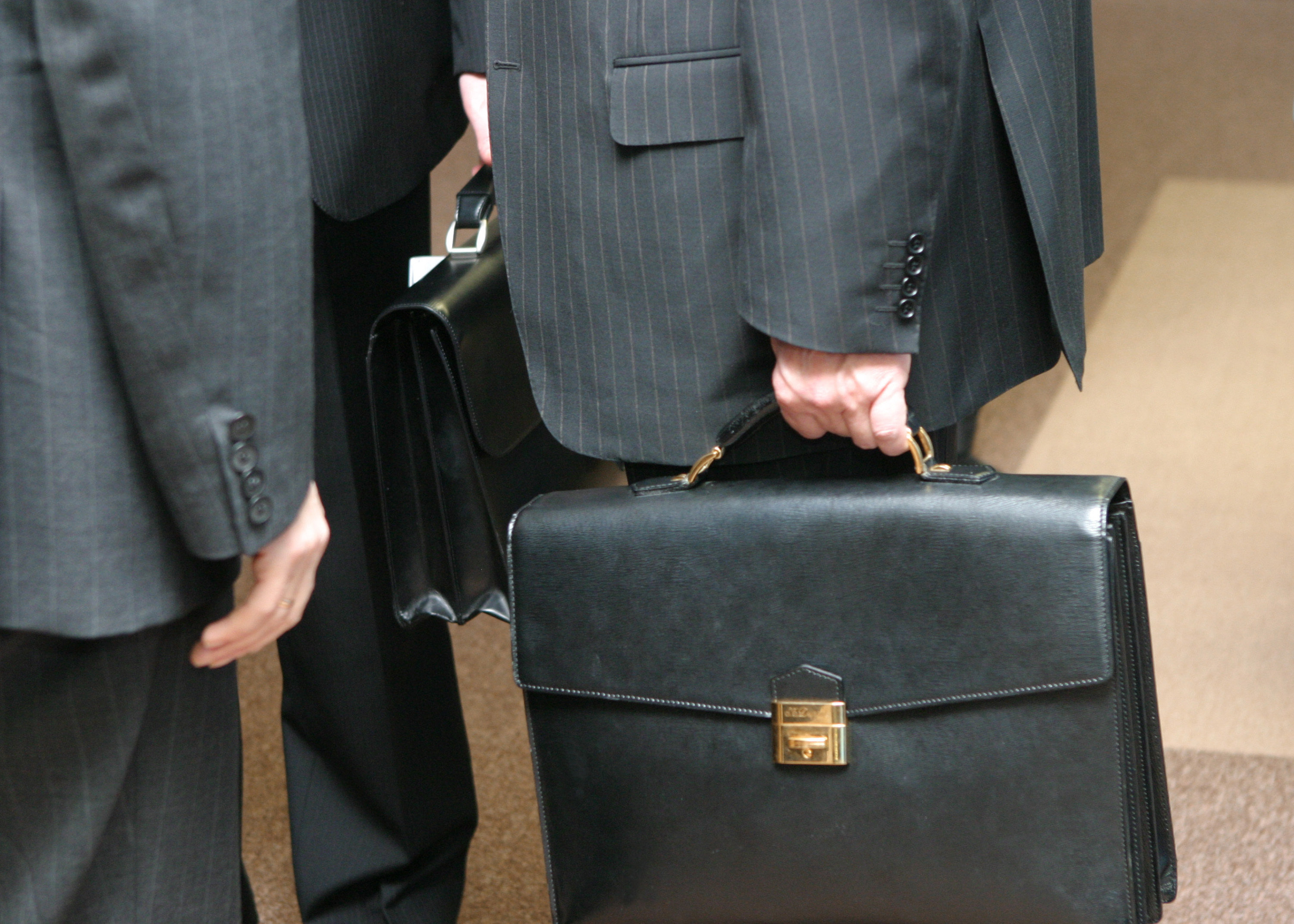MOSCOW, July 2 - RAPSI. Politically active non-profit organizations in Russia that receive financial support from abroad will be classified as “foreign agents” and will be entered into a designated registry. They will be required to submit special reports and will be subject to discretionary audits.
The relevant draft law could be adopted in July and enacted this Fall. According to various estimates, the law will affect about 1,000 organizations.
Changes in store for affected organizations
Under the proposed legislation, any Russian non-profit organization that is active in politics and funded from abroad will be placed in the registry. The particular source of financing is irrelevant. Funds may come from governmental, international or other such organizations; individuals; legal entities or stateless persons.
Any monetary transaction, i.e. any transfer of funds from a foreign source to a Russian non-profit organization, will be placed under compulsory control if the amount is equal to or greater than 200,000 rubles ($6,000). However, the limit is not set in stone and could be subject to change as the parliament discusses the bill.
Any organization affected by the law will be required to include a financial statement detailing its activities with its annual report. This information will then be submitted to the lower house by the Justice Ministry.
The new law will apply to entities that have engaged in political activities - regardless of their objectives or the type of work carried out -or that hold political events intended to influence governmental decisions, change state policy or impact public opinion.
Furthermore, affected organizations will be required to indicate when distributing materials via media outlets or the Internet that such materials are those of a foreign agent.
“If an organization is engaged in a crusade against corruption or conducts an election campaign, this is 100-percent politics without question. The organization simply must get duly registered,” an inside source told RIA Novosti.
Who will be impacted?
The source also noted that over 230,000 non-profit organizations are currently registered in Russia. Most of these are inactive and will be liquidated by the Justice Ministry, and those that remain must submit reports annually as prescribed by law.
The Justice Ministry claims that foreign funding totaled 7.6 billion rubles ($232 million) in 2011. The Kremlin maintains, however, that this figure “does not show the real amount of money coming into our country.” The source added that, “this is just the tip of the iceberg because the remaining sum is beyond the Ministry’s control and understanding,”
According to experts, 70% of foreign funds are from government sources. About 20% of such funds are from transnational sources, and 10-15% are private individual donations.
The Kremlin anticipates that the law will apply to 1,000 entities. Registration will likely be required for Transparency International Russia, election watchdog GOLOS and various ecological organizations.
Consequences for breaching the law
Non-profit organizations will suffer consequences for breaking the law. The following will result in a 1 million ruble ($30,000 fine): non-disclosure, incomplete disclosure, incorrect disclosure and non-registration. Organization employees can be fined between 300,000 and 500,000 rubles ($9,000-15,000.) Similarly hefty fines will threaten entities and individuals if an organization fails to indicate its foreign agent status while disseminating information through the media or online.
The bill also provides for criminal liability. A new article carrying punishments for any willful breach of the law will be added to the Criminal Code. Such violations will entail fines of up to 300,000 rubles ($9,000), compulsory public service for up to 480 hours, and prison sentences of up to two-years.
Criminal Code Article 239 on the "Organization of an Association that Encroaches the Identity and Rights of Citizens" will be amended to carry a four-year sentence for the formation of any non-profit organization that encroaches the identity and rights of citizens.
Enormous fines and prison terms of up to three years will be established for individuals that call on people to evade their civic duties or commit other unlawful acts. The punishment will apply to both leaders and rank-and-file members.
No Blanket Audits
A Kremlin source has said that if the law is adopted the Office of the Prosecutor General will not indiscriminately audit all non-profit organizations. “Indeed, we assume that most organizations functioning as foreign agents are civilized players. We hope they will register and abide by Russian law,” he said.



